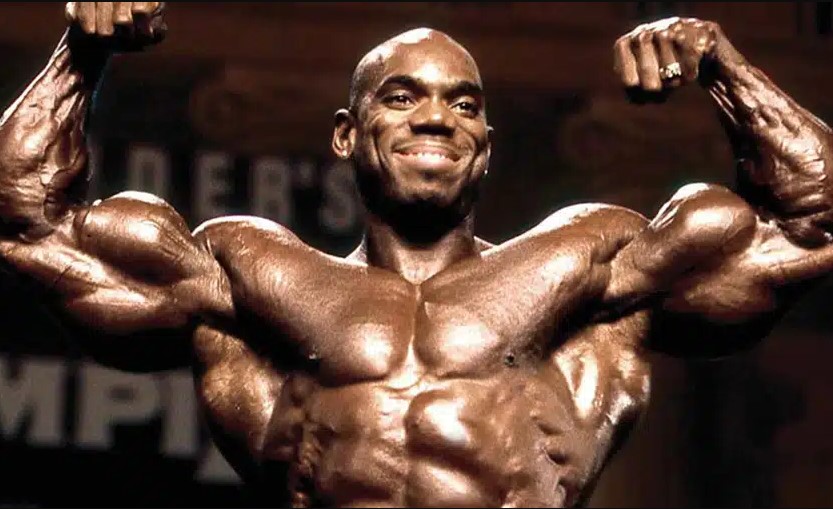For foster youth, the path to adulthood is often fraught with unique challenges and obstacles. From navigating unstable living situations to overcoming past trauma, these young individuals face a myriad of difficulties that can impact their physical and mental well-being. Among the most pressing of these challenges are health disparities and the need for holistic approaches to wellness. However, amidst these adversities, there lies a beacon of hope: the transformative power of exercise.
Health Disparities Among Foster Youth
Foster youth are disproportionately affected by a range of health disparities compared to their peers. Studies have shown that they experience higher rates of chronic health conditions, such as asthma, obesity, and mental health disorders. Additionally, they are more likely to engage in risky health behaviors, such as smoking and substance abuse, further exacerbating their health outcomes.
These disparities are often rooted in the complex interplay of environmental, social, and economic factors that characterize the foster care experience. From inadequate access to healthcare services to the stress and trauma of displacement, foster youth face numerous barriers to achieving optimal health.
The Transformative Power of Exercise
In the face of these challenges, exercise emerges as a powerful tool for promoting physical and mental well-being among foster youth. Beyond the physical benefits of improved cardiovascular health and reduced risk of chronic disease, regular exercise has been shown to have a profound impact on mental health, stress reduction, and overall quality of life.
For foster youth, who may grapple with feelings of instability, anxiety, and low self-esteem, exercise offers a sense of empowerment, control, and belonging. Whether it’s through team sports, outdoor activities, or individual workouts, engaging in physical activity provides an outlet for self-expression, stress relief, and social connection.
Overcoming Adversity Through Fitness
The impact of exercise on the lives of foster youth extends far beyond the gym or playing field. It is a catalyst for personal growth, resilience, and empowerment. Through the discipline and determination required to set and achieve fitness goals, foster youth learn valuable life skills such as perseverance, self-confidence, and resilience in the face of adversity.
Moreover, exercise serves as a vehicle for healing and self-discovery, allowing foster youth to reconnect with their bodies, build self-esteem, and develop a sense of agency over their health and well-being. By embracing the transformative power of exercise, foster youth can overcome the challenges they face and embark on a path toward a brighter, healthier future.
Building a Supportive Community
Creating opportunities for foster youth to engage in exercise and physical activity requires a collaborative effort from all sectors of society. From foster care agencies and community organizations to schools and healthcare providers, there is a need for coordinated efforts to ensure that foster youth have access to safe and supportive environments where they can thrive.
By investing in programs and initiatives that promote fitness and wellness among foster youth, we can help address the health disparities they face and empower them to lead healthy, fulfilling lives. Together, we can harness the transformative power of exercise to break the cycle of adversity and create a brighter future for foster youth everywhere.



